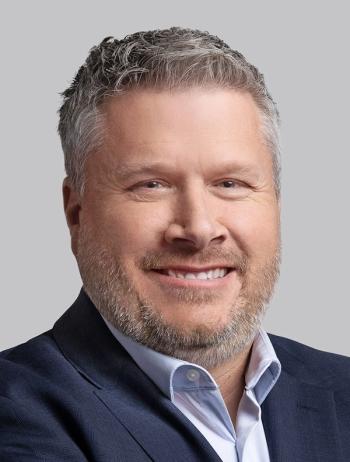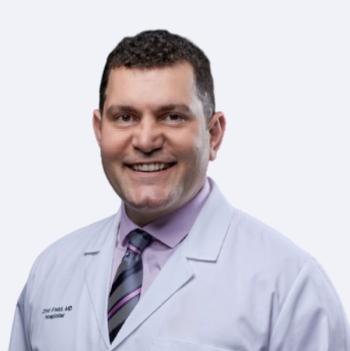
Pharma companies don’t need your focus; your patients do
In response to “Drug innovation should be applauded, not used to shame physicians” and “Pharma accusations a ‘slap in the face’” (Your Voice, February 10, 2018), the issue needs a dissenting response. Gilkison and Winiger make a case for the pharmaceutical-physician relationship as a mutually beneficial and educational one, even if profit oriented, I beg to disagree.
Let’s look at the simplistic pro-pharma apologia in the light of cash. The alleged benevolence of PhRMA/pharmaceuticals evaporates when you see that pharmaceutical and health products spent $3.8 billion in congressional lobbying in 2017, way above that of oil and gas and health insurance. Why are the “nice” guys spending so much on Congress? They do it because that’s what they do, to cripple any chances of Medicare bargaining for better drug costs or any transparency on cost of production.
This article appears in the 4/10/18 issue of Medical Economics.
Why? Because common drugs like statins, Albuterol, and Insulin cost 50 percent to 80 percent less in Europe and Canada (often even less). Is this the trait of a real healthcare partner or a master of usury?
As for the educational benefit suggested by Gilkison, I am sure he is aware of scores or more of better sources to get his information. One of the most depressing moments in my career was watching a much-respected colleague at a pharmacy and therapeutics meeting in our community hospital presenting a new drug for consideration, straight off the laminated handout from Pharmaceutical Inc.
I will end with this: I don’t for a moment think its sheer malevolence when physicians get close to pharma, but it is a slippery slope from patient advocacy and that is our single duty.
Rohan Perera, MD
East Setauket, N.Y.
Physicians need to be wiser when dealing with drug reps
While I share many of my colleagues’ frustration about comments which suggest that physicians are merely “on the take” when meeting with pharma reps over a meal, the current era of transparency and autonomous patient-consumers requires that we do a better job managing our collective reputation. Optics matter.
As professionals entrusted to care for the sick and protect the privacy of the intimate stories of illness our patients share with us every day, it is hard to view ourselves as vulnerable to the psychology of the “sell.” But this is naïve. Just ask anyone in pharma sales about their training, and you will hear about the well-honed techniques espoused on how to best influence their consumers-i.e. prescribers. Drawing on literature from psychology and behavioral economics, pharma sales forces have much more in mind than just providing product information.
The JAMA Internal Medicine study referenced in “Stop suggesting physicians are ‘bought’ through pharma gifts” (November 25, 2017) does provide evidence that these sales techniques are effective. The difference in branded prescribing patterns of physicians who received gifts was not extreme but was significant and is enough to create a perception of bias. For many patients who are struggling to pay for their medications, and whose trust in our profession has eroded through the years, this perception is reality.
I do feel there is value in limited interactions with sales reps, to find out about new products and receive demonstrations on proper storage and administration of medications, and device usage techniques. Lunches and pens are unnecessary. There are many objective ways to obtain information on biochemistry, dosing, efficacy, side effects, and patient selection.
Some pharma companies are exploring more patient-centered ways of collaborating with physicians, and this is refreshing. They provide education and contribute their resources to population health initiatives. Make no mistake: There is a sales effect at play here too, but it is transparent and win-win for patient, pharma, and health system alike.
Physicians are, at the core, humane professionals with our patients’ best interest top of mind. We are not, however, immune to the psychology of selling, and we must be wiser about activities that undermine our connection with those who have entrusted us to care for them.
Jeffrey Millstein, MD
Woodbury Heights, N.J.
Newsletter
Stay informed and empowered with Medical Economics enewsletter, delivering expert insights, financial strategies, practice management tips and technology trends — tailored for today’s physicians.






